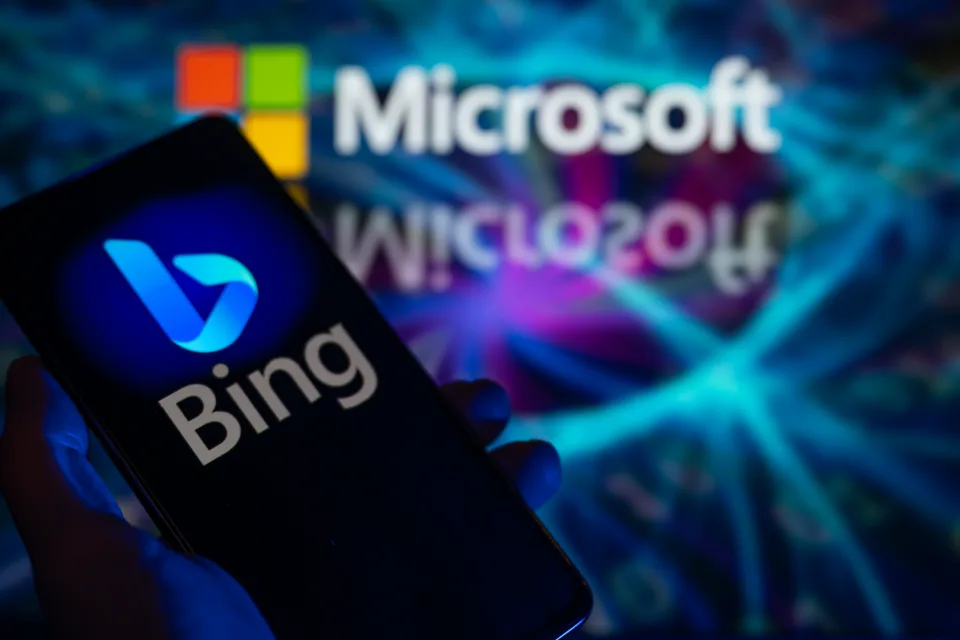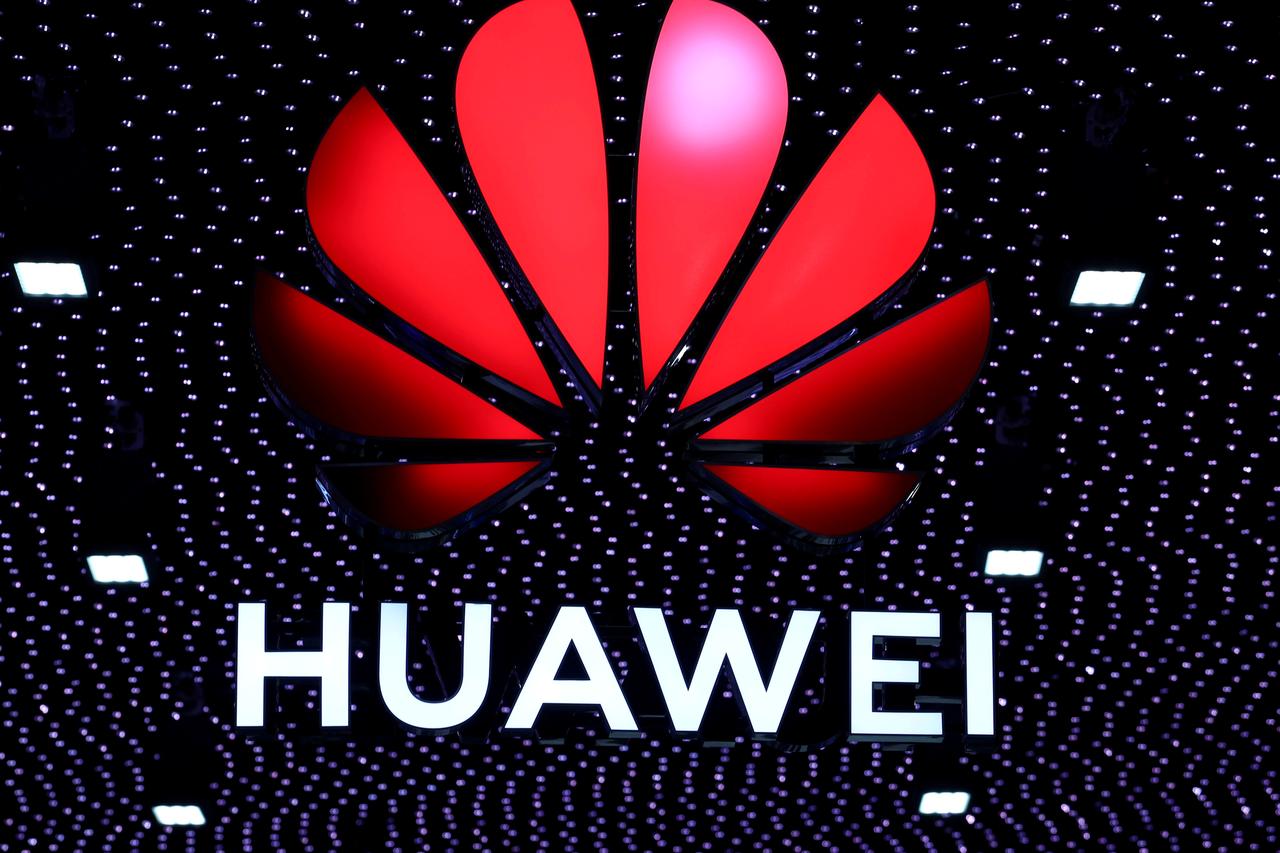In a significant step towards making the internet a safer place, Microsoft has announced its participation in a coalition aimed at scrubbing revenge porn and deepfake pornography from its search engine, Bing. This move highlights Microsoft’s commitment to addressing the growing issue of harmful online content, particularly in relation to non-consensual and manipulated explicit media.

Why Revenge Porn and Deepfake Porn Are a Major Concern
Revenge porn and deepfake pornography have become increasingly prevalent on the internet, causing serious harm to individuals. Revenge porn refers to the distribution of explicit images or videos without the consent of the person involved, often as an act of vengeance or malice. Deepfake porn, on the other hand, involves the use of artificial intelligence (AI) to create realistic but fake videos, frequently placing someone’s face on another person’s body in explicit material.
These forms of content are not only invasive but can also have devastating effects on the lives of victims, causing emotional trauma, reputational damage, and sometimes even leading to legal consequences. The rise of AI and easily accessible tools for creating deepfake media has exacerbated the problem, making it crucial for tech companies like Microsoft to step up their efforts in combating these issues.
Microsoft’s Role in the Coalition
Microsoft’s decision to join the coalition comes at a critical time. The coalition is a collaborative effort involving several tech giants, civil society organizations, and policymakers, all working together to develop technology-driven solutions to identify and remove non-consensual intimate content from online platforms. By joining this coalition, Microsoft aims to leverage its technological expertise and resources to help in detecting and removing revenge porn and deepfake content from Bing.
The coalition’s primary focus is to create an environment where harmful content can be quickly flagged, reviewed, and removed from search results. Additionally, the coalition is pushing for more robust policies, stricter regulations, and increased transparency regarding how platforms handle explicit content that violates the privacy of individuals.
How Bing Is Targeting Revenge Porn and Deepfakes
Bing, Microsoft’s search engine, has been under scrutiny for its handling of explicit content. However, with Microsoft now part of this coalition, Bing is expected to implement advanced AI tools to detect and flag revenge porn and deepfake porn. The AI models will use machine learning algorithms to identify non-consensual content more accurately, ensuring that harmful material is removed before it spreads across the internet.
In addition to AI detection, Bing will be enhancing its content moderation processes to swiftly address flagged content. This proactive approach will make it harder for harmful material to appear in search results, significantly reducing the visibility of revenge porn and deepfake pornography.
Collaborating with Industry Leaders
Microsoft’s involvement in the coalition isn’t an isolated effort. The company is collaborating with other industry leaders and innovators who are also committed to tackling this issue. Together, they are working on developing standards for identifying, reporting, and removing harmful content across multiple platforms, not just search engines.
One of the key aspects of this collaboration is the development of more sophisticated image and video recognition technology. This will allow platforms like Bing to identify manipulated media more effectively and prevent it from being distributed. Moreover, the coalition is focusing on improving user reporting mechanisms, making it easier for victims to report revenge porn and deepfakes, and ensuring swift action is taken.
The Importance of Privacy and Security
As revenge porn and deepfake porn continue to rise, privacy and security have become major concerns for internet users. Microsoft, along with other coalition members, is prioritizing user privacy by ensuring that their content removal processes are both thorough and respectful of individuals’ rights. This means taking extra care to prevent false positives and ensuring that legitimate content is not wrongfully removed.
Furthermore, Microsoft is exploring ways to make the internet a safer space for all users, including offering better support to victims of revenge porn and deepfake porn. This support includes legal resources, psychological assistance, and more accessible reporting systems.
Broader Implications for the Tech Industry
Microsoft’s decision to join the coalition sets an important precedent for other tech companies to follow. The tech industry, as a whole, has long been criticized for its inability to address harmful content effectively. By taking this step, Microsoft is showing that tech companies have a responsibility to protect users and create safer online environments.
The coalition’s work is likely to inspire other platforms to implement similar measures, leading to a wider industry shift towards better content moderation practices. With the rise of AI, the tech industry has the tools to combat these issues, but it requires collaboration and commitment across the board.
What Does This Mean for Bing Users?
For Bing users, this move will likely result in a cleaner and safer browsing experience. Users will be less likely to encounter revenge porn and deepfake pornography in their search results, thanks to the new detection and removal technologies. Moreover, the improved reporting mechanisms will empower individuals to take action if they encounter harmful content.
By removing harmful content from search results, Bing can help reduce the spread of revenge porn and deepfake porn, protecting the privacy and dignity of individuals who may have been targeted. This initiative aligns with Microsoft’s broader mission to promote digital safety and uphold user trust.
The Future of Revenge Porn and Deepfake Content Online
While the fight against revenge porn and deepfake pornography is far from over, Microsoft’s decision to join the coalition marks an important step forward. As technology continues to evolve, so too must the measures to prevent the spread of harmful content online. The coalition’s efforts to develop AI-driven solutions and improve content moderation practices will be crucial in combating these challenges.
Ultimately, Microsoft’s involvement in this coalition underscores the company’s commitment to user safety and privacy. It sends a clear message that tech giants have a responsibility to address the darker side of the internet and protect individuals from online harm.
For more updates on the latest tech initiatives and industry trends, visit Digital Digest.






